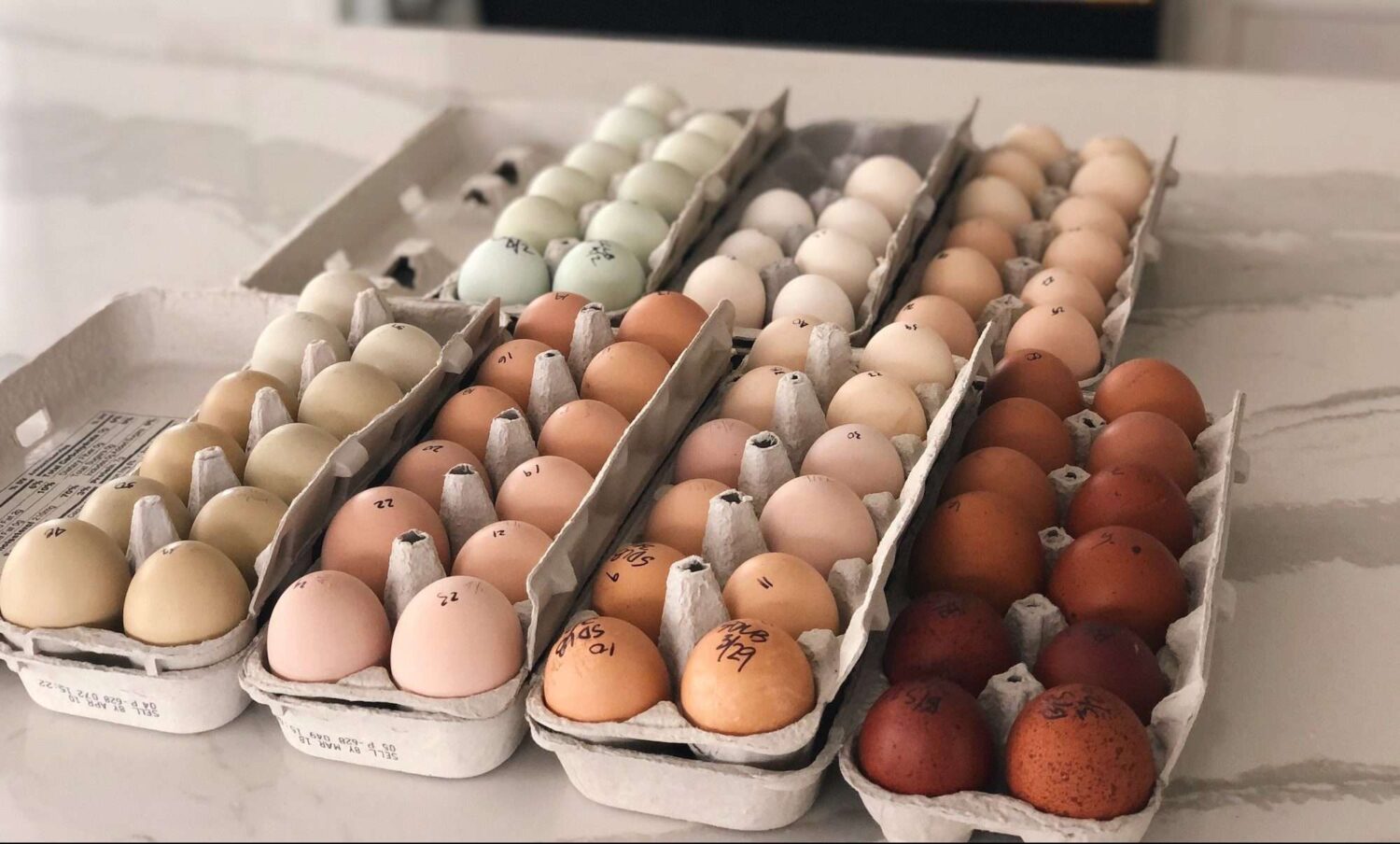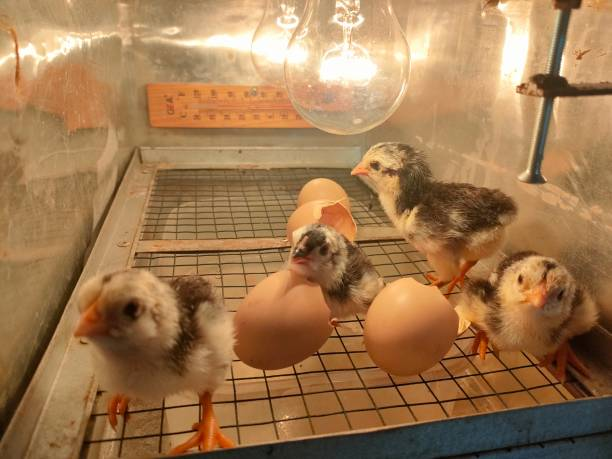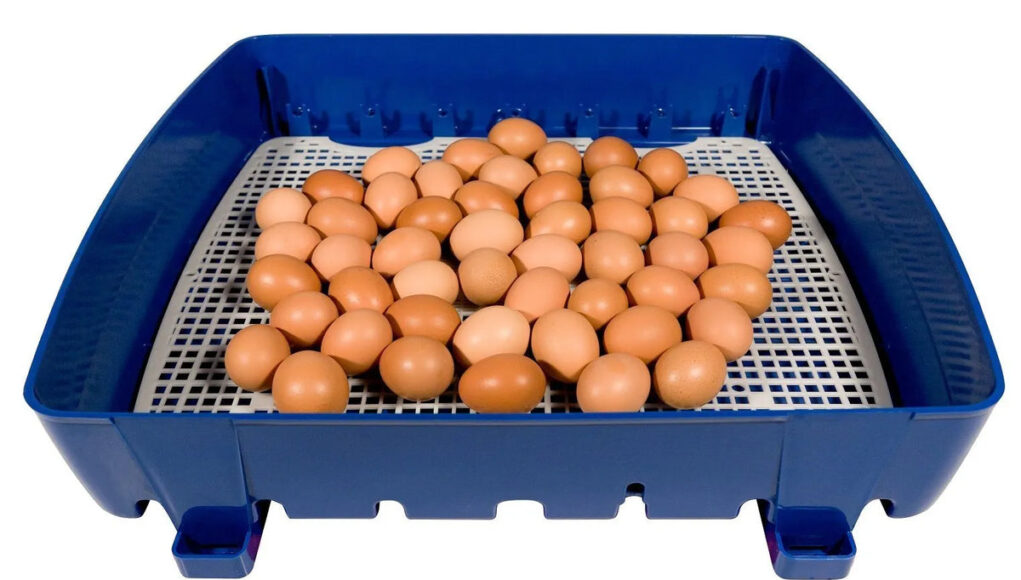When it comes to hatching eggs, the choice between digital vs analog incubators can be a crucial one for any poultry enthusiast. These devices serve as artificial environments to help eggs develop and hatch successfully. With the growing interest in backyard poultry farming, understanding the differences between these two types of incubators is essential. In this article, we will delve into the features, advantages, and disadvantages of both digital and analog incubators to help you make an informed decision.

What Are Incubators?
Incubators are devices designed to create a controlled environment for hatching eggs. They maintain the necessary temperature, humidity, and ventilation levels required for the incubation process. Incubators can be categorized into two main types: digital and analog.
Understanding Digital Incubators
Digital incubators are equipped with electronic systems that automatically regulate temperature and humidity. These systems often feature digital displays that provide real-time data, making it easier for poultry enthusiasts to monitor and adjust settings as needed.
Features of Digital Incubators
- Automatic temperature control
- Humidity regulation systems
- Digital displays for easy monitoring
- Programmable settings
Advantages of Digital Incubators
The primary advantage of digital incubators is their precision and ease of use. With automatic controls, these devices require minimal intervention, allowing users to focus on other tasks. The digital display ensures that users can quickly check the status of the incubation process.
Disadvantages of Digital Incubators
While digital incubators offer many benefits, they can be more expensive than their analog counterparts. Additionally, their reliance on electronic components means they are more susceptible to technical malfunctions.
Exploring Analog Incubators
Analog incubators rely on manual controls to regulate temperature and humidity. These incubators often use thermometers and hygrometers to provide users with the necessary data for adjustments.
Features of Analog Incubators
- Manual temperature and humidity controls
- Analog thermometers and hygrometers
- Simple design
Advantages of Analog Incubators
The main advantage of analog incubators is their affordability. These devices are typically less expensive than digital models, making them an attractive option for budget-conscious users. Furthermore, their simplicity means they are less prone to technical issues.
Disadvantages of Analog Incubators
The major drawback of analog incubators is the need for frequent monitoring and manual adjustments. This can be time-consuming and may lead to human error, affecting the hatching success rate.
Comparative Analysis: Digital vs Analog Incubators
To better understand the differences between digital and analog incubators, let’s compare their key features:
Temperature Control
Digital incubators feature automatic temperature regulation, ensuring consistent conditions. In contrast, analog incubators require manual adjustments, which can lead to fluctuations.
Humidity Control
Humidity is crucial for successful incubation. Digital incubators often include automatic humidity control systems, while analog incubators rely on user intervention.
Ease of Use
Digital incubators are generally easier to use, thanks to their automated systems and digital displays. Analog incubators require more hands-on management, which can be challenging for beginners.
Cost
While digital incubators offer advanced features, they come at a higher price point. Analog incubators, on the other hand, are more affordable but lack automation.
Choosing the Right Incubator for Your Needs
The choice between digital vs analog incubators ultimately depends on your specific needs and preferences. Here are some factors to consider:
Budget
If cost is a major concern, an analog incubator may be the better choice. However, if you are willing to invest in advanced features and automation, a digital incubator might be worth the extra expense.
Experience Level
For beginners, a digital incubator can simplify the incubation process and reduce the risk of errors. Experienced users may appreciate the hands-on approach of an analog incubator.
Time Commitment
If you have limited time to dedicate to monitoring the incubation process, a digital incubator with automatic controls can save you time and effort.
Real-Life Experiences: Testimonials from Poultry Enthusiasts
To gain further insight into the advantages and disadvantages of digital and analog incubators, let’s explore some real-life experiences from poultry enthusiasts:
John’s Experience with a Digital Incubator
John, a backyard poultry farmer, shares his experience with his digital incubator. He appreciates the ease of use and precise control over temperature and humidity. According to John, the digital display provides peace of mind, allowing him to focus on other tasks.
Mary’s Journey with an Analog Incubator
Mary, a long-time poultry hobbyist, prefers her analog incubator. She enjoys the hands-on aspect of adjusting settings manually and finds it rewarding to be actively involved in the incubation process. However, she acknowledges the need for careful monitoring to ensure successful hatching.
Additional Resources and Tips
For more information on incubating eggs, consider visiting Incubating in Hot Climates and Humidity Hacks. These resources provide valuable insights into optimizing the incubation process and addressing common challenges.
Additionally, check out this external guide for a visual walkthrough of setting up an incubator.
Frequently Asked Questions (FAQs)
1. What is the main difference between digital and analog incubators?
The main difference lies in the control systems. Digital incubators use electronic systems for automatic regulation, while analog incubators require manual adjustments.
2. Are digital incubators more reliable than analog ones?
Both types have their advantages and disadvantages. Digital incubators offer precision and ease of use, while analog incubators are more affordable and may be preferred by experienced users.
3. Can I use an analog incubator as a beginner?
Yes, beginners can use analog incubators, but it may require more time and attention to ensure successful hatching.

Conclusion
In conclusion, the choice between digital vs analog incubators depends on your budget, experience level, and time commitment. By understanding the differences and considering your specific needs, you can select the best incubator for your poultry farming endeavors. Whether you prefer the precision of a digital model or the simplicity of an analog one, both types have the potential to help you achieve successful hatching results.
This article contains affiliate links. We may earn a commission at no extra cost to you.











